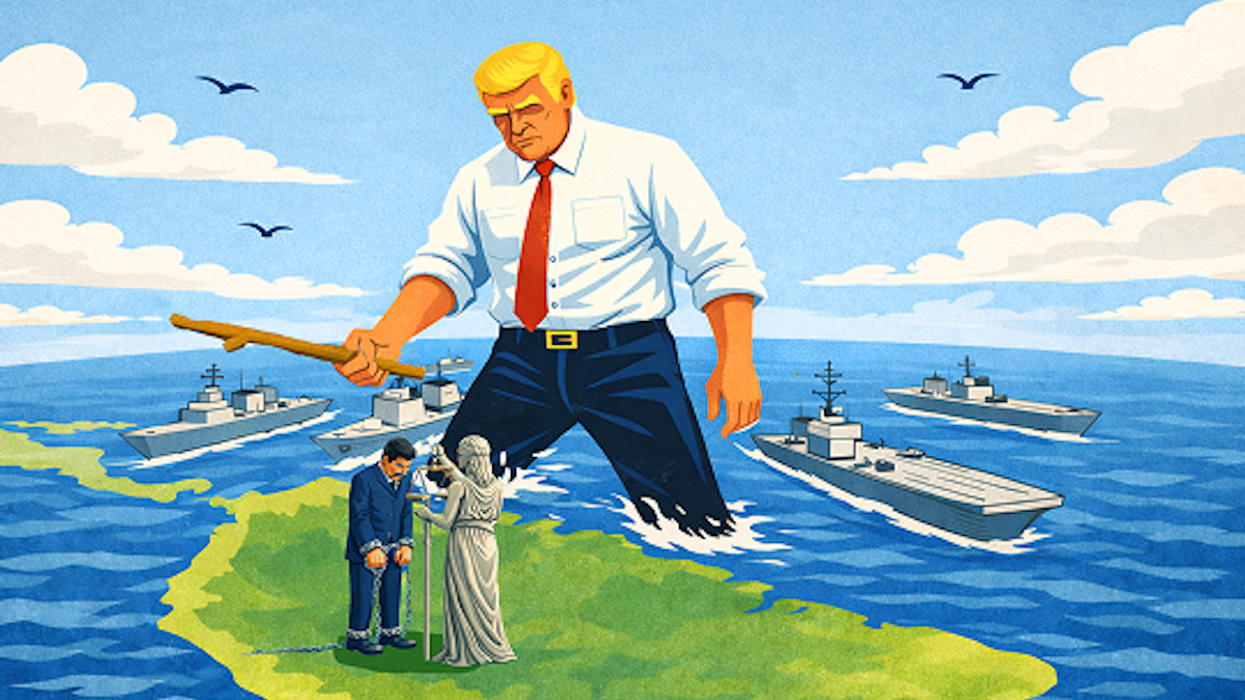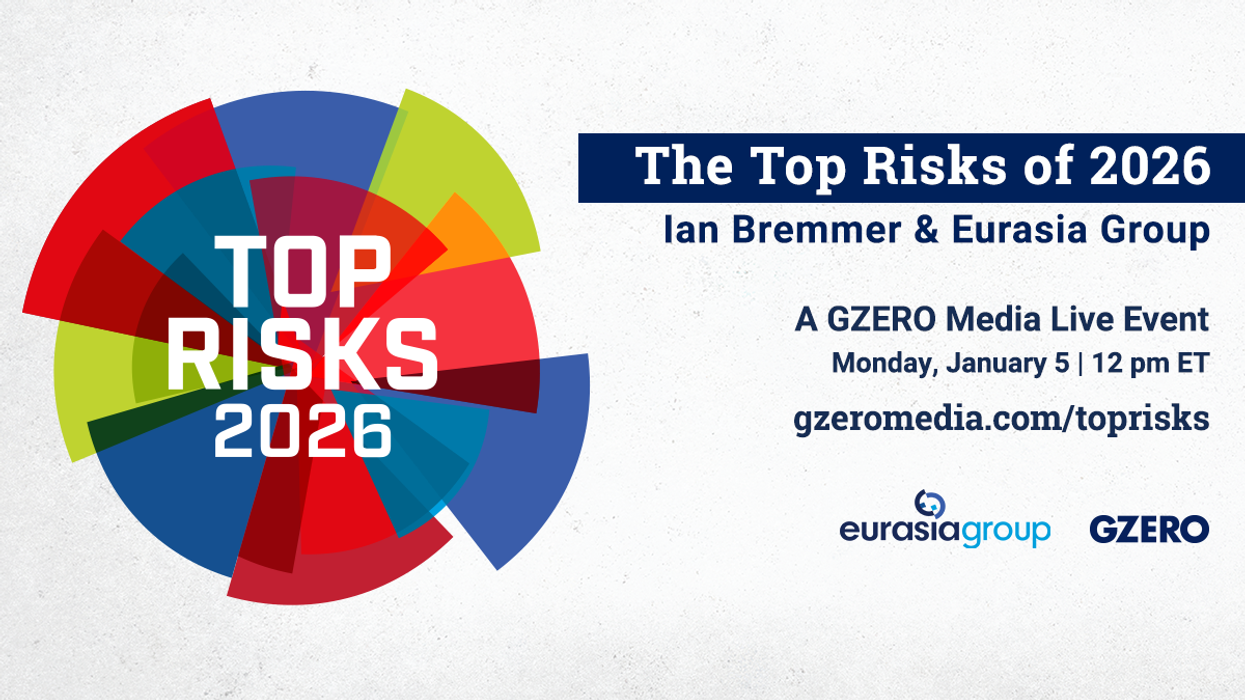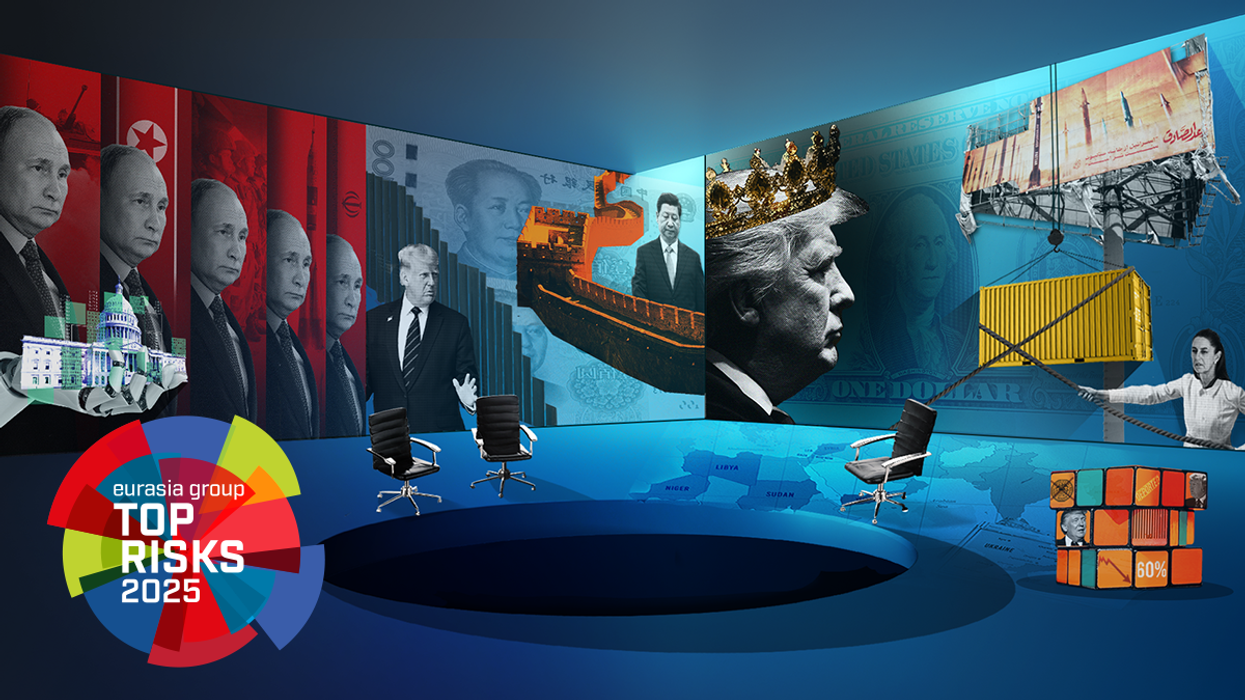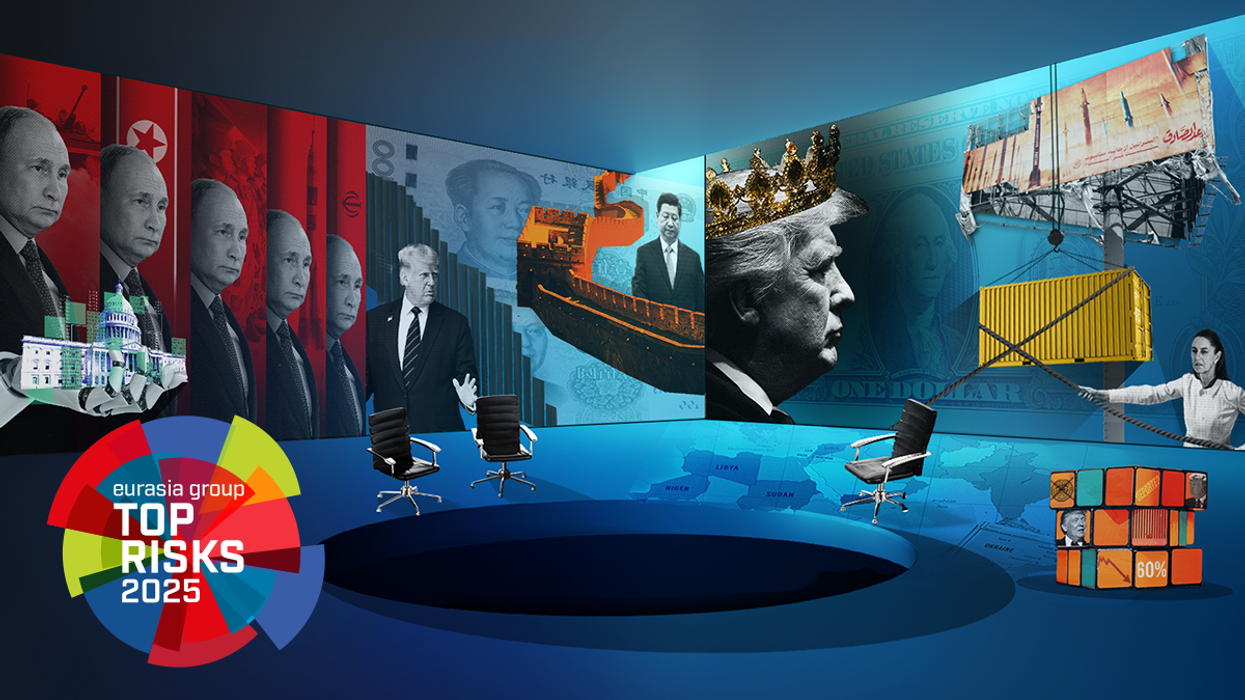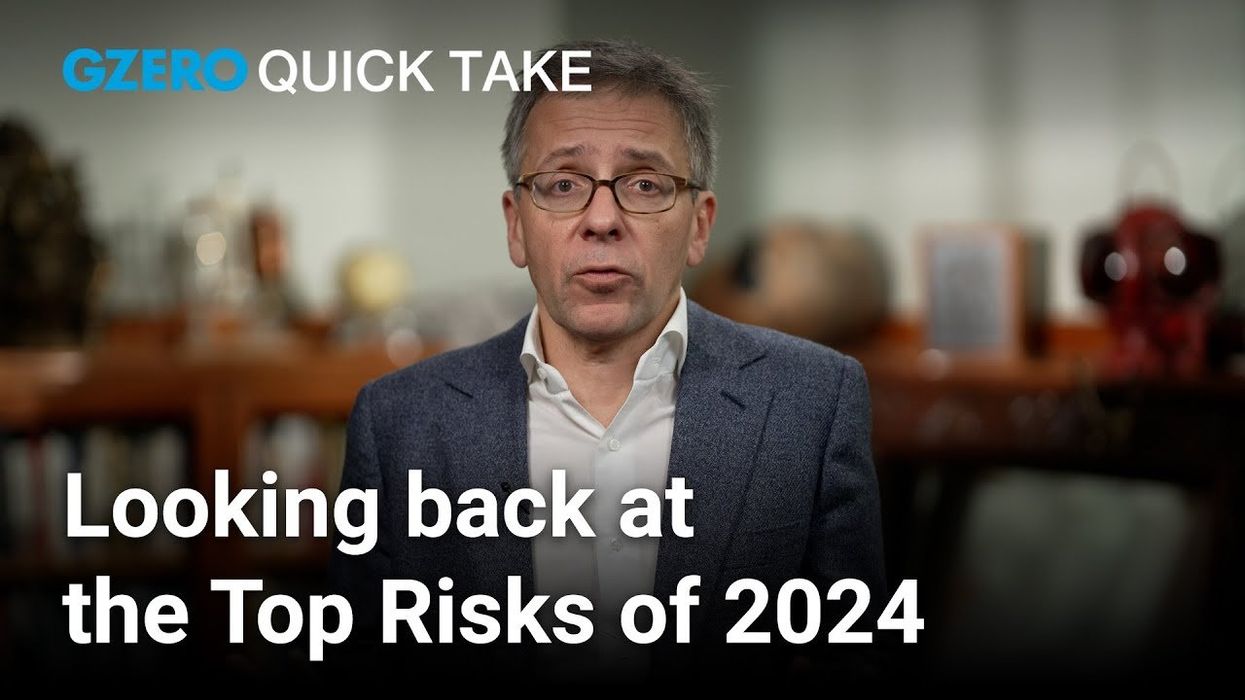by ian bremmer
America built the global order. Now it's tearing it down.
2026 is a tipping point year. The biggest source of global instability won’t be China, Russia, Iran, or the ~60 conflicts burning across the planet – the most since World War II. It will be the United States.
Jan 07, 2026
